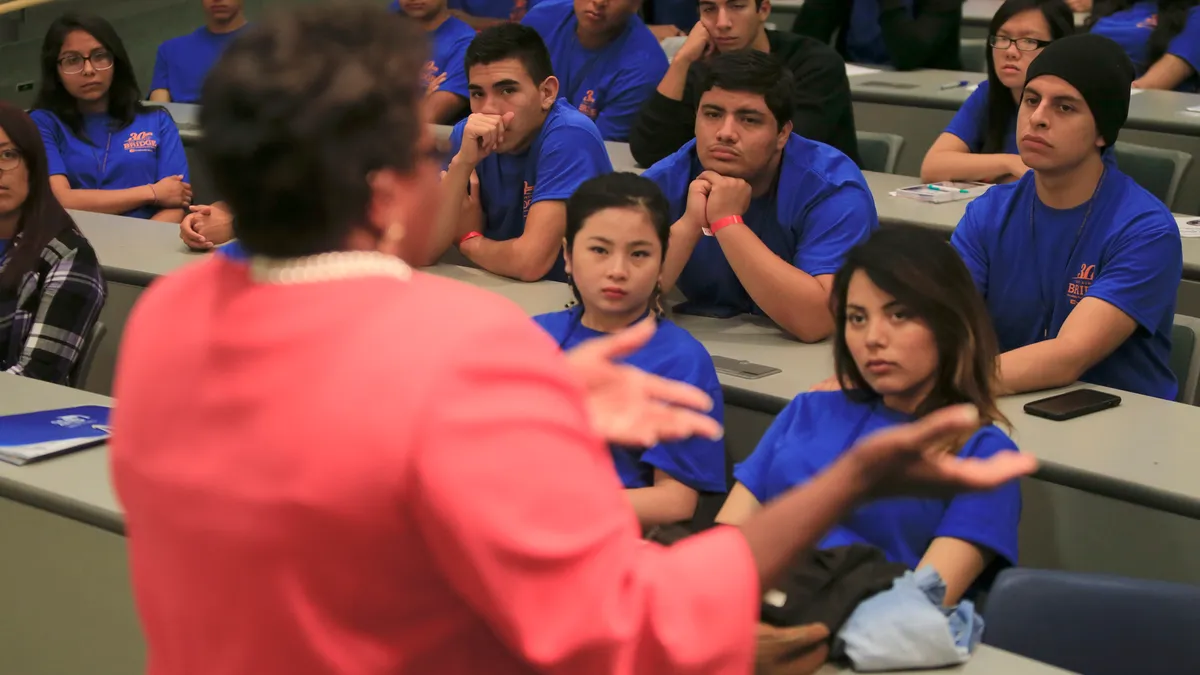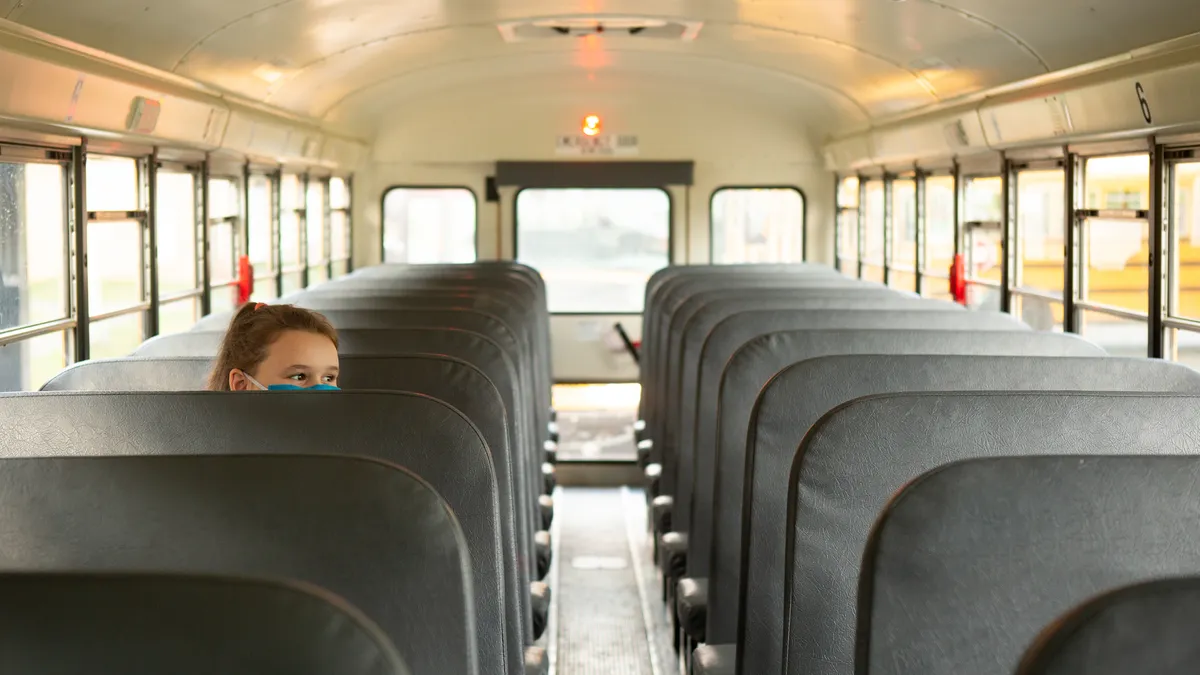Dive Brief:
- Mathematica Policy Research studied fourth and eighth grade English language arts and math teachers in 26 districts for five years, measuring their effectiveness with a value-added model and finding only small differences in the average effectiveness of teachers working with rich and poor kids.
- The Huffington Post reports average teachers of low-income and affluent students rate in the 50th and 51st percentiles, respectively, when it comes to effectiveness, though researchers admit there could be larger gaps in teacher effectiveness in other grade levels.
- Eric Isenberg, senior researcher for Mathematica, recommends researchers dig deeper into the true causes of achievement gaps beyond teachers, like what is happening in students’ homes, since his study found so little difference in effectiveness across teachers of different groups.
Dive Insight:
It has been easy to place the blame on teachers for limited student achievement because they are the ones who spend the most time with students. This is often only true in the abstract, however. Parents consistently rate their own children’s teachers highly while saying at the same time that the education system is full of ineffective teachers. The reality is, out-of-school factors matter a whole lot more than in-school factors when it comes to student achievement. Focusing on teachers is a way to ignore the severe consequences of poverty and avoid the much harder work of addressing them.
Former Secretary of Education Arne Duncan has been criticized for his harsh focus on teacher quality throughout his tenure. The teacher evaluation policies his education department required to get waivers from the strict sanctions of No Child Left Behind introduced an even greater test-and-punish mentality than NCLB did to begin with. This has certainly contributed to low morale in the field and a shrinking population of future teachers.












